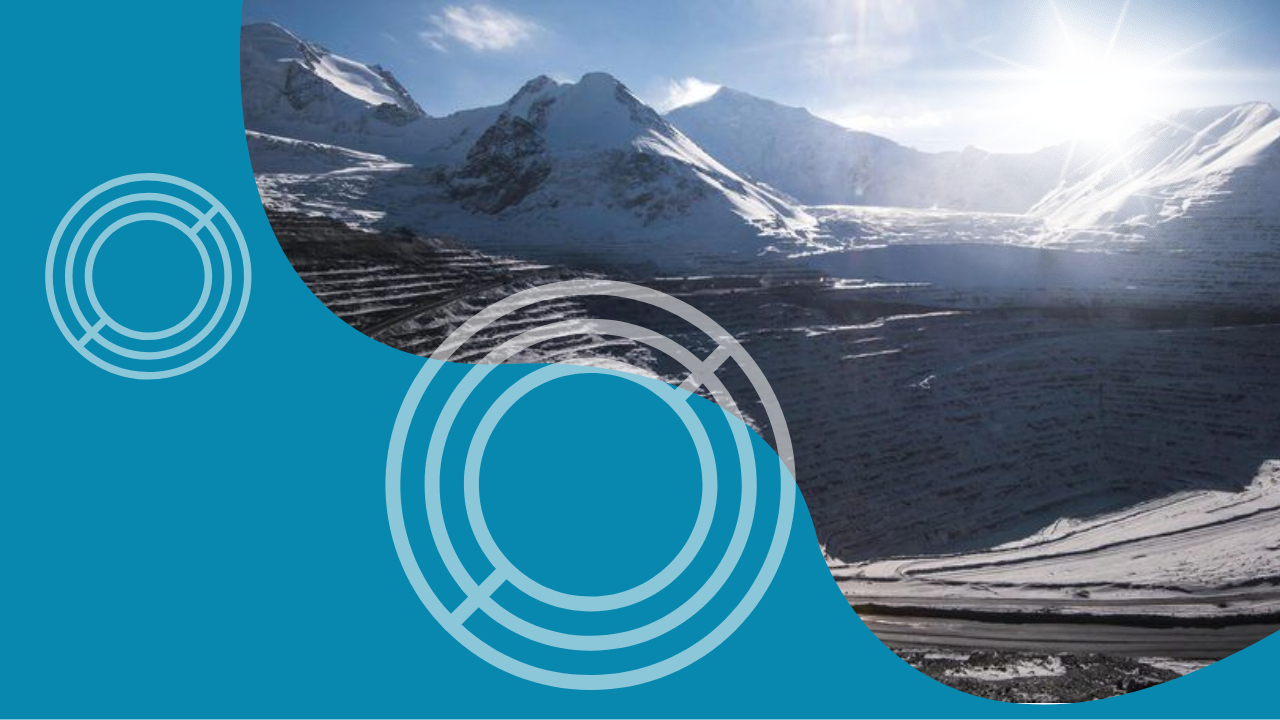In a small village in eastern Serbia, a group of women has mounted a blockade on a bridge, protesting against an open-pit copper mine that they argue is polluting their land and water. Led by 78-year-old Vukosava Radivojevic, these women take shifts day and night, determined to halt trucks from entering the mine operated by a subsidiary of China’s Zijin Mining.
The mine, which dominates the village of Krivelj, has triggered concerns among residents about incessant noise, tremors, and pollution. While Zijin has relocated some villagers, those who remain, mostly Vlachs, seek to move collectively, citing environmental degradation and health risks.
Despite assurances from Zijin’s subsidiary, Serbia Zijin Copper, about addressing environmental issues inherited from previous operators, residents remain adamant about the adverse effects of mining activities. Since Zijin took over operations in 2018, production has quadrupled, exacerbating pollution concerns and causing visible environmental damage.
The blockade, established in January, has become a symbol of the community’s resistance. For the women involved, it has evolved into a communal space, equipped with heating and amenities, where they find solidarity and support. Their persistence has yielded some concessions, with Zijin agreeing to halt large truck traffic through the village.
However, the battle is far from over as residents continue to advocate for their relocation to a safer environment. Discussions revolve around establishing a new village while preserving essential community institutions.
According to a study commissioned by Zijin, published in December, Krivelj’s environment is heavily polluted with lead, arsenic, and cadmium, posing significant health risks. Despite the company’s investments in mitigating environmental impact, concerns persist among villagers regarding their safety and well-being.

